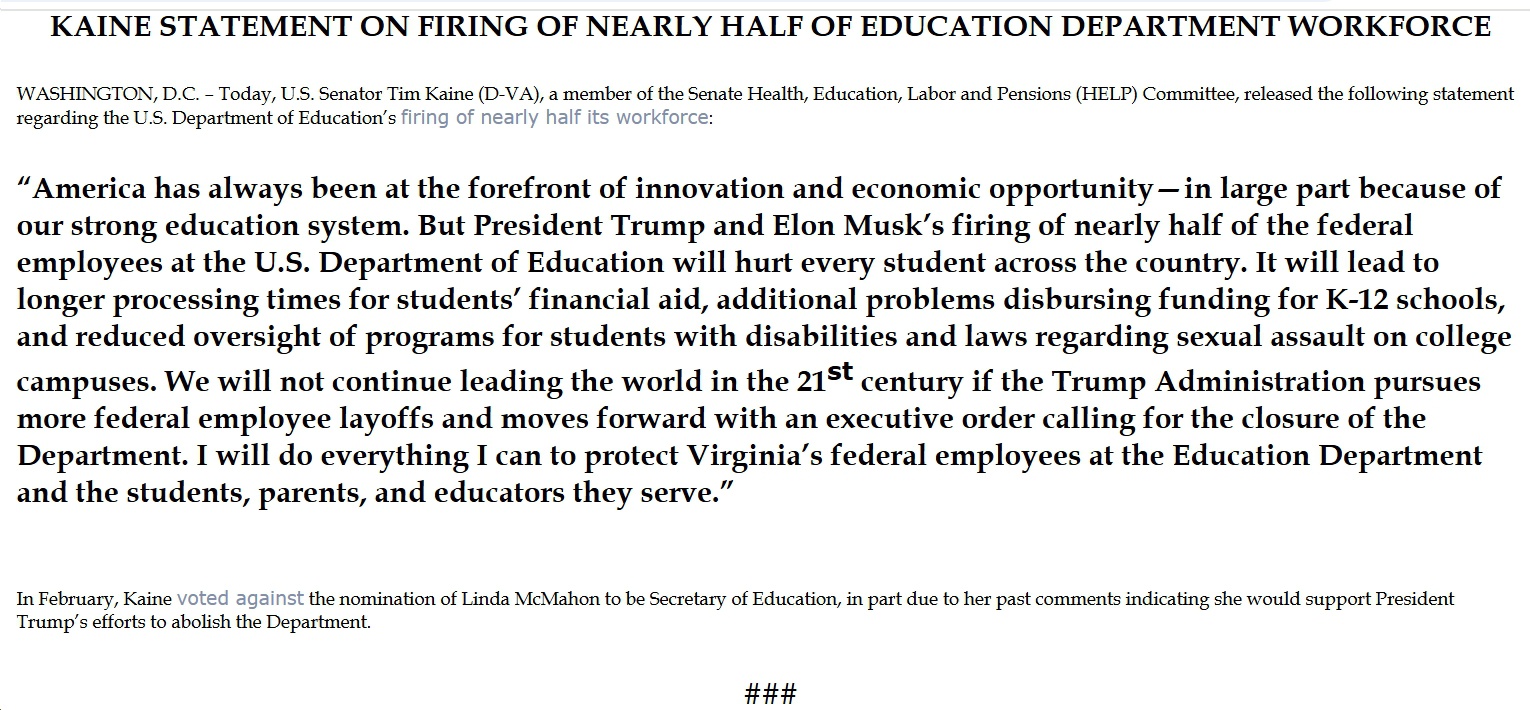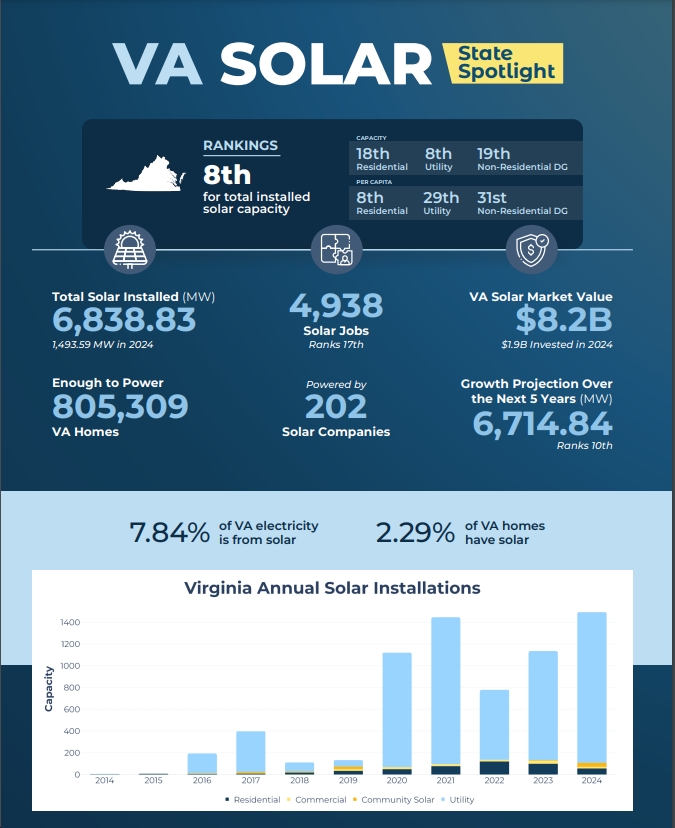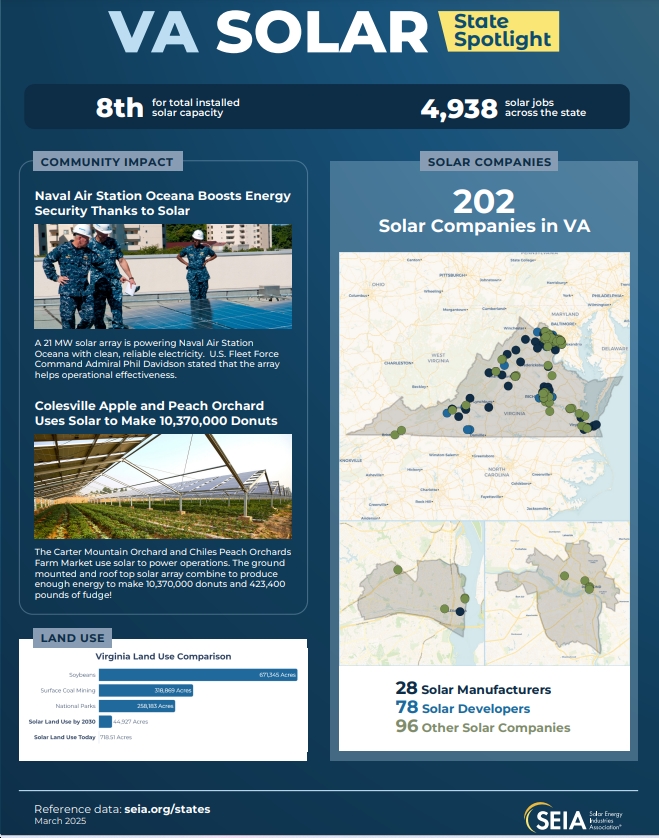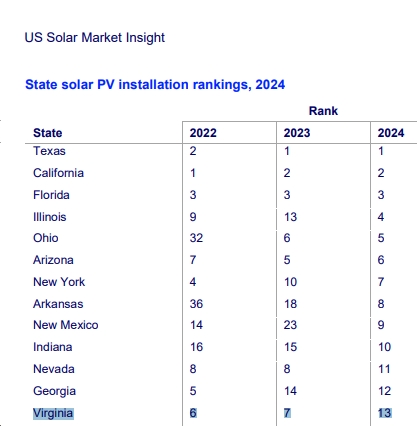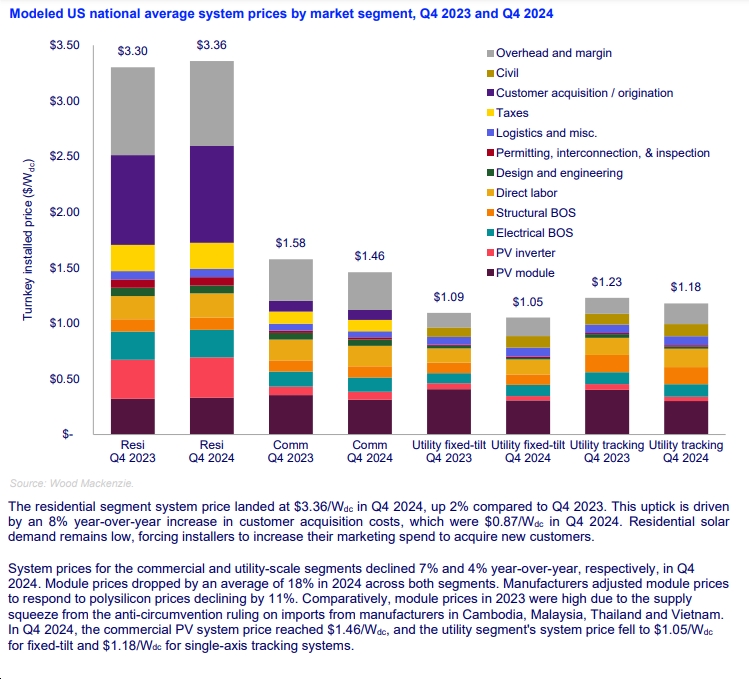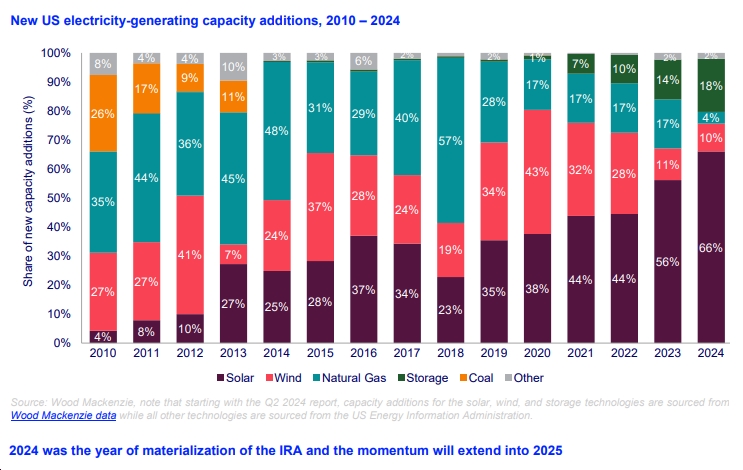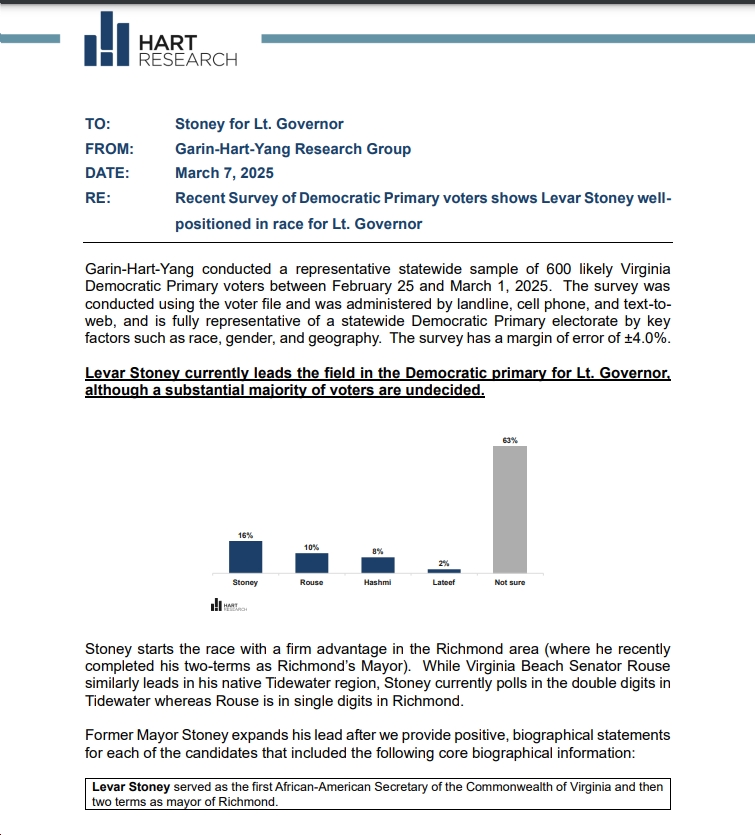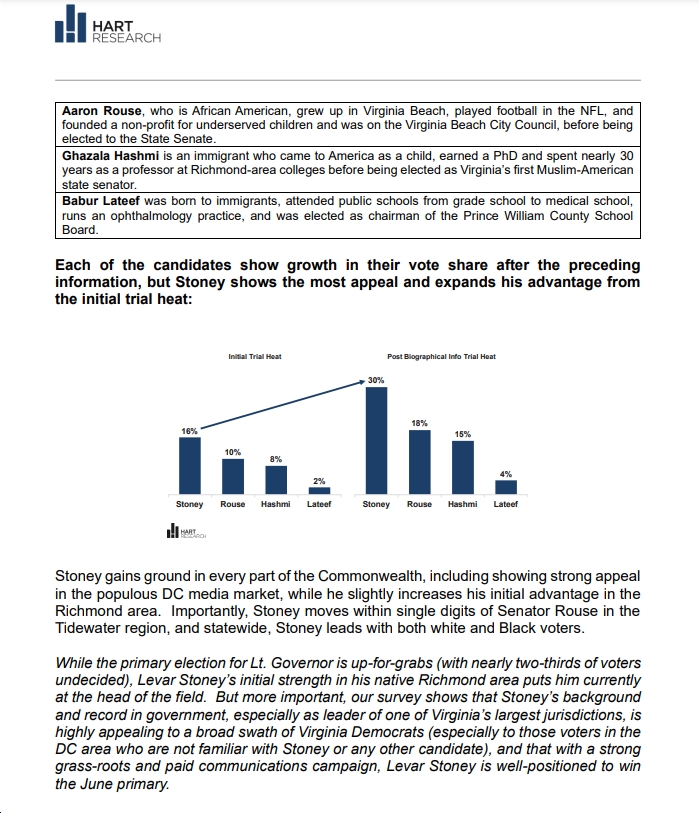Ranking House Oversight Committee Member Gerry Connolly (D-VA11) Demands Answers After Reports DOGE is Feeding Americans’ Private Data Into Unapproved AI Systems, Using AI to Slash Programs
See below for a press release from from the House Oversight Committee, where Rep. Gerry Connolly is the ranking Democratic member. Regarding folks who argue that Democrats shouldn’t “waste time writing letters,” I’d argue that this is just ONE tool in the toolkit, and an important one at that, and that Democrats should be doing “all of the above” – legal action, legislative action, public protests and town halls, writing letters and carrying out oversight functions as much as possible, etc. In the end, though, voters unfortunately – in their “infinite wisdom” – handed control of the White House, US Senate and US House to Republicans, so that’s where we’re at right now, plus of course the right-wing-dominated Supreme Court, thanks to Mitch McConnell and Donald Trump. So…yeah, we’re in deep sh*t right now, but we’ve got to do whatever we can to fight back, as Rep. Connolly is doing here.
| Ranking Member Connolly Demands Answers After Reports DOGE is Feeding Americans’ Private Data Into Unapproved AI Systems, Using AI to Slash Programs |
|
Washington, D.C. (March 12, 2025)—Today, Rep. Gerald E. Connolly, Ranking Member of the Committee on Oversight and Government Reform, sent letters to 24 federal agencies requesting documentation that any potential use of artificial intelligence (AI) at their agencies complies with federal laws, protects Americans’ sensitive and private data, and does not financially benefit Elon Musk.
“I write with serious concerns about the use of unapproved, third-party artificial intelligence (AI) software employed by members of the U.S. DOGE Service (DOGE) at federal agencies. The American people entrust the federal government with sensitive personal information related to their health, finances, and other biographical information on the basis that this information will not be disclosed or improperly used without their consent, including through the use of an unapproved and unaccountable third-party AI software,” wrote Ranking Member Connolly. To underscore the gravity of Americans’ concerns, Ranking Member Connolly highlighted instances in which DOGE’s use of AI has raised red flags. For example: “Illustrative of my concerns is the ongoing DOGE-related activity at the Department of Education (ED). On February 6, 2025, the Washington Post reported that members of the DOGE team assigned to ED had begun probing internal datasets using AI software. These datasets contain sensitive internal financial data as well as the personally identifiable information of people who manage grants. The reporting further detailed that the DOGE team is feeding this private information into AI software accessed through a private cloud computing service as a method of examining ED disbursements. In one reported incident, DOGE team members allegedly uploaded agency staffing and expenditure reports into an AI platform and asked the algorithm to identify ‘inefficiencies.’ After tasking the AI to suggest ways to cut ED’s budget by over 50%, DOGE operatives began drafting proposals to gut the agency.” The letters cite the multiple legal requirements agencies are bound by in their use of AI software, including the Federal Risk Authorization Management Program (FedRAMP), which ensures that the whole-of-government uses secure cloud services. If DOGE failed to ensure its AI vendors have adequate FedRAMP approval, it risks violating the Privacy Act of 1974, the Federal Information Security Management Act, and the E-Government Act of 2002. In addition, any use of AI in federal agencies or DOGE is covered by the Advancing American AI Act which requires agencies to keep an inventory of “current and planned uses” of AI and for those inventories to be made public. To better understand how DOGE is using AI to make critical decisions about government programs, services, and benefits that impact millions of Americans, Ranking Member Connolly asked for a response to his requests no later than March 26, 2025. “Without clear purpose behind the use of AI, guardrails to ensure appropriate handling of data, and adequate oversight and transparency, the application of AI is dangerous and potentially violates federal law,” he concluded. Click here to read the letters to the 24 CFO Act agencies. |


